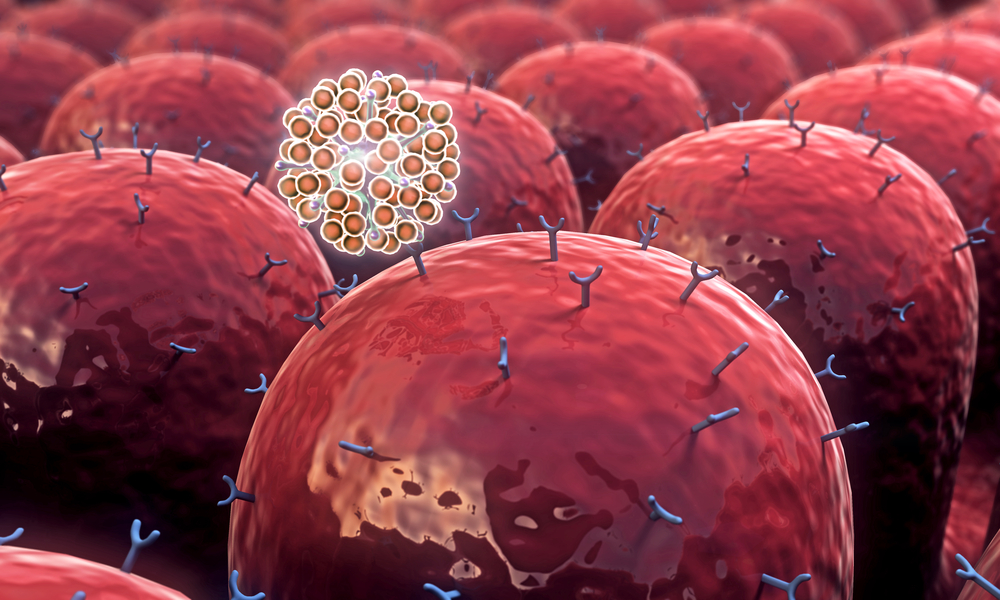 In a new study entitled “Super-enhancers delineate disease-associated regulatory nodes in T cells,” researchers discovered gene alterations characteristic of autoimmune diseases, such as inflammatory bowel disease or rheumatoid arthritis, are found in genome regions called super-enhancers. The study was published in the journal Nature.
In a new study entitled “Super-enhancers delineate disease-associated regulatory nodes in T cells,” researchers discovered gene alterations characteristic of autoimmune diseases, such as inflammatory bowel disease or rheumatoid arthritis, are found in genome regions called super-enhancers. The study was published in the journal Nature.
Autoimmune diseases are characterized by an exaggerated immune response of the body against one’s own tissues in a variety of different locations within the body. For example in rheumatoid arthritis, the affected tissues are joints and in multiple sclerosis, the brain and spinal cord. While it is believed that environmental factors can cause autoimmune disorders, genetic factors are a key player to autoimmunity, since the diseases often occur within families. This resulted in extensive research with the objective to find the genes responsible for the disorder. Notably, researchers reported that the regions within DNA registered as altered in autoimmune disorders is commonly refereed to as the “dark-matter” of the genome, i.e., non coding regions. One of the most frequent regulatory elements in these regions is enhancers — genomic elements that regulate genes usually located across far distances.
In this study, a research team led by John J. O’Shea, M.D., National Institute of Arthritis and Musculoskeletal and Skin Diseases hypothesized whether these genetic signatures of autoimmune disorders were located in enhancers. The authors focused on a particular class called superenhancers — a cluster of several enhancers — leading to a powerful increase in their activity.
Previous studies reported that indeed disease-genetic signatures were located in these superenhancers‘ regions, suggesting that problems arise upon superenhancers‘ malfunctions. The authors studied rheumatoid arthritis and focused on T cells — due to their established role to the disease. They found that by applying genome techniques, super enhancers in T cells regulate genes encoding for cytokines and cytokine receptors — key players in cell signaling by affecting the behavior of other cells (dysregulation of cytokine production is an established link to the development of autoimmunity and autoimmune diseases).
Following this first observation, the research team reported genetic alterations in rheumatoid arthritis (but also other autoimmune disorders) located within T cells’ superenhancers. When the authors treated the T cells with a common drug used in rheumatoid arthritis therapy, tofacitinib, they noticed alterations to the rheumatoid arthritis risk genes located at superenhancers, suggesting that the drug’s benefits may be linked to the disturbance of superenhancer structures in T cells.
The therapeutic implications of the study were further noted by Golnaz Vahedi, Ph.D., a postdoctoral fellow O’Shea’s lab in a press release, “Three types of data–the genetics of rheumatoid arthritis, a genomic feature of T cells, and the pharmacological effects of a rheumatoid arthritis drug–are all pointing to the importance of super-enhancers. These regions are where we plan to search for insights into the mechanisms that underlie rheumatoid arthritis and other autoimmune diseases, and for novel therapeutic targets for these conditions.”

